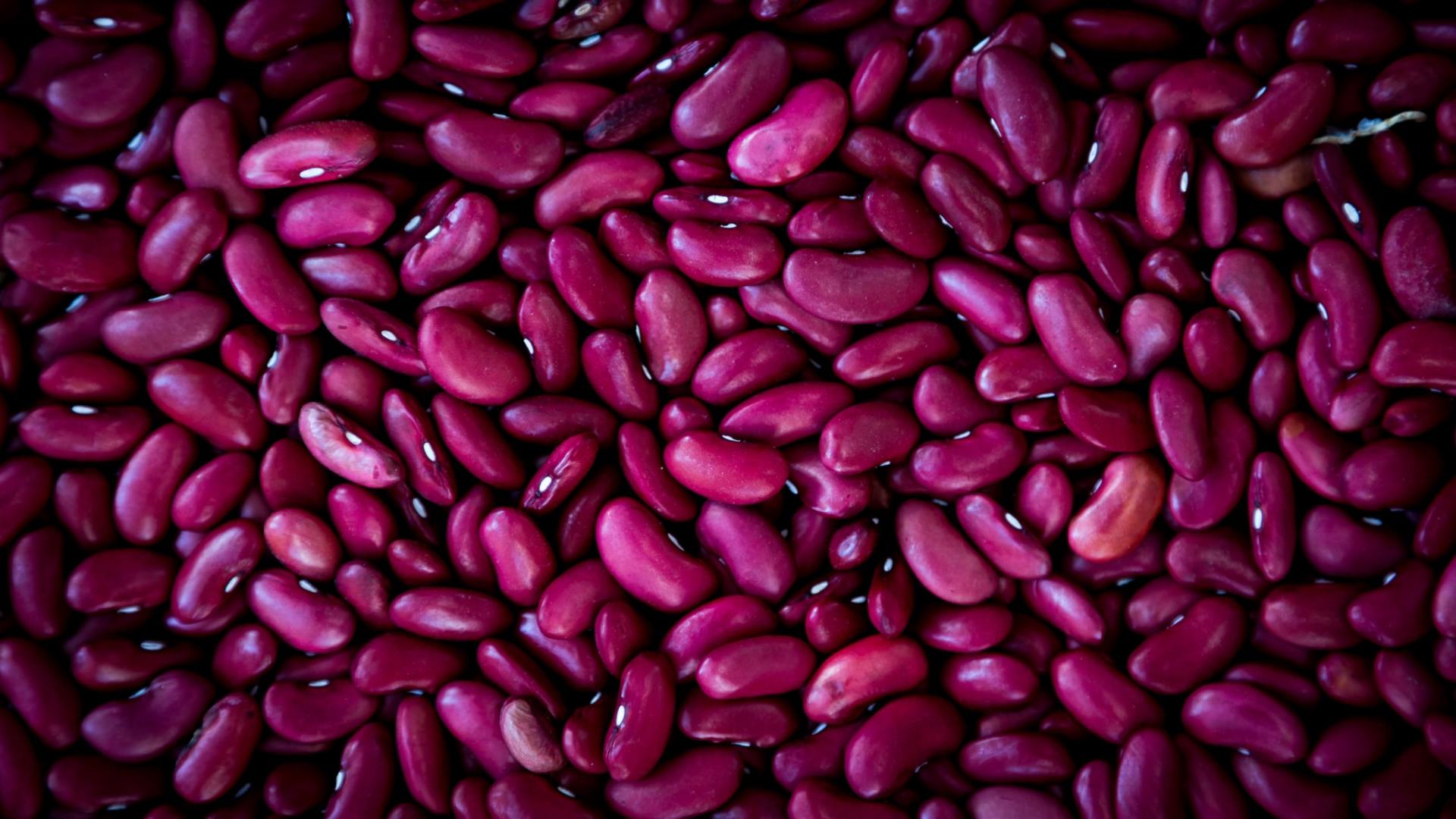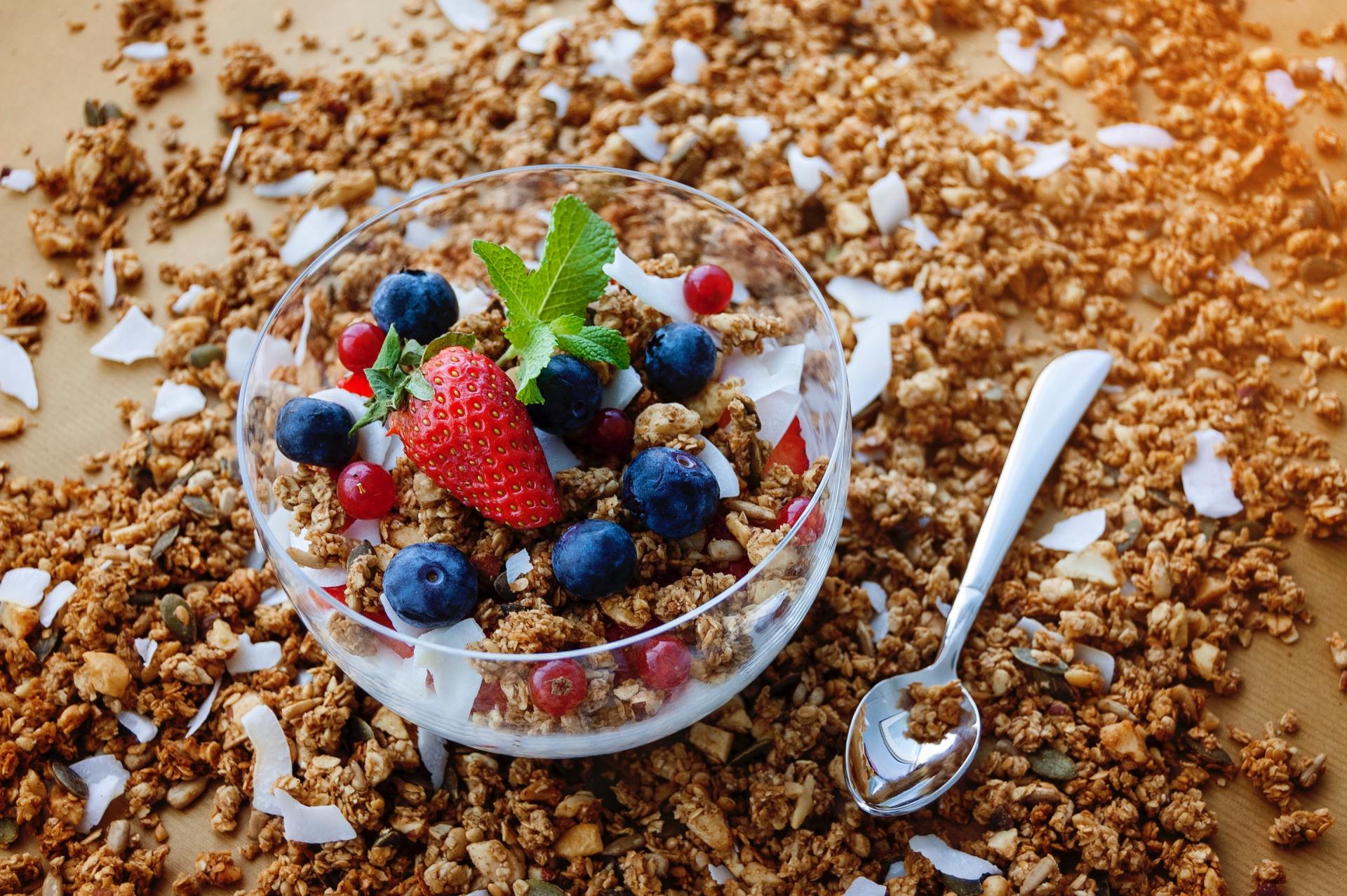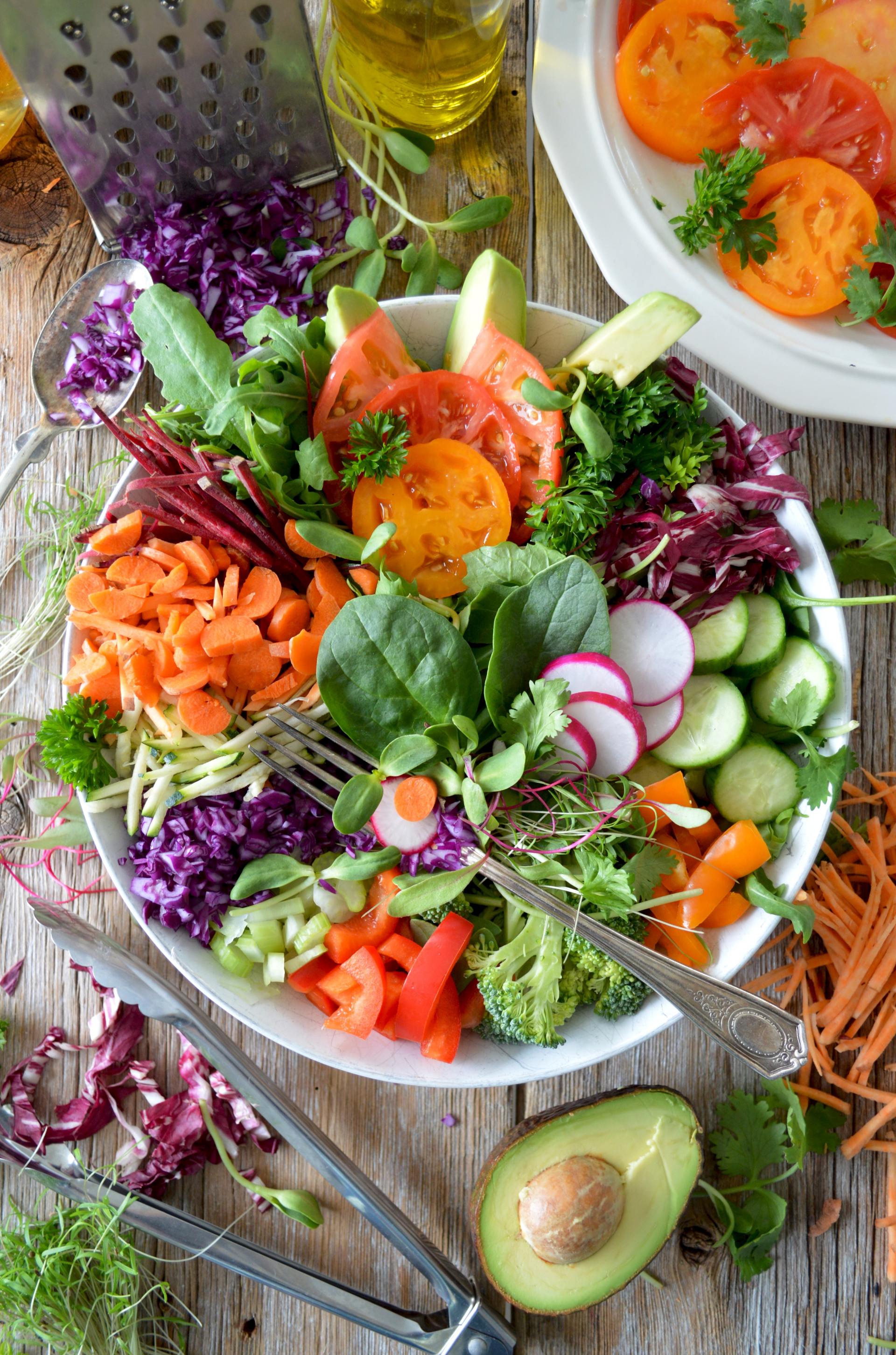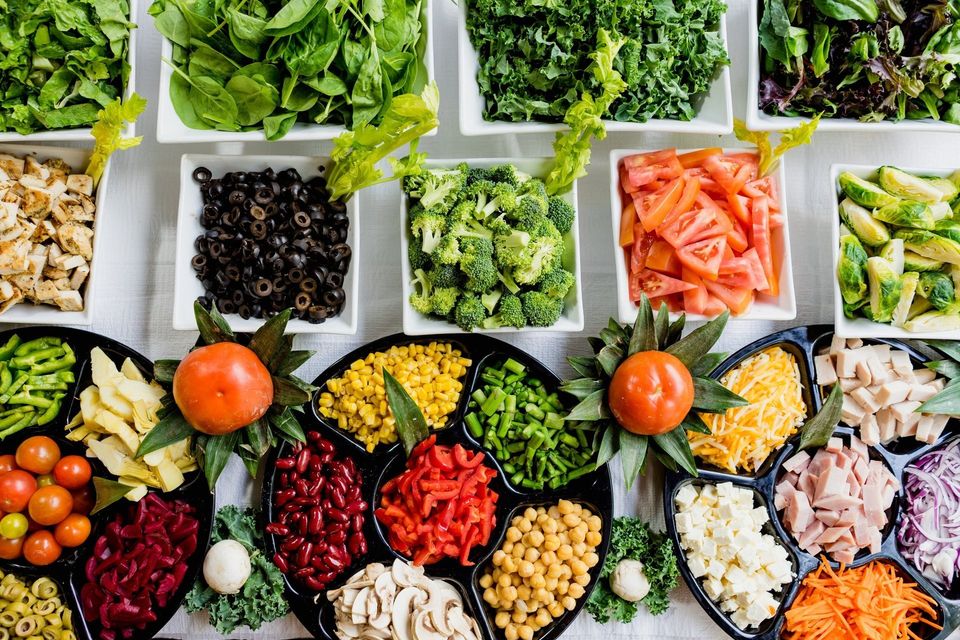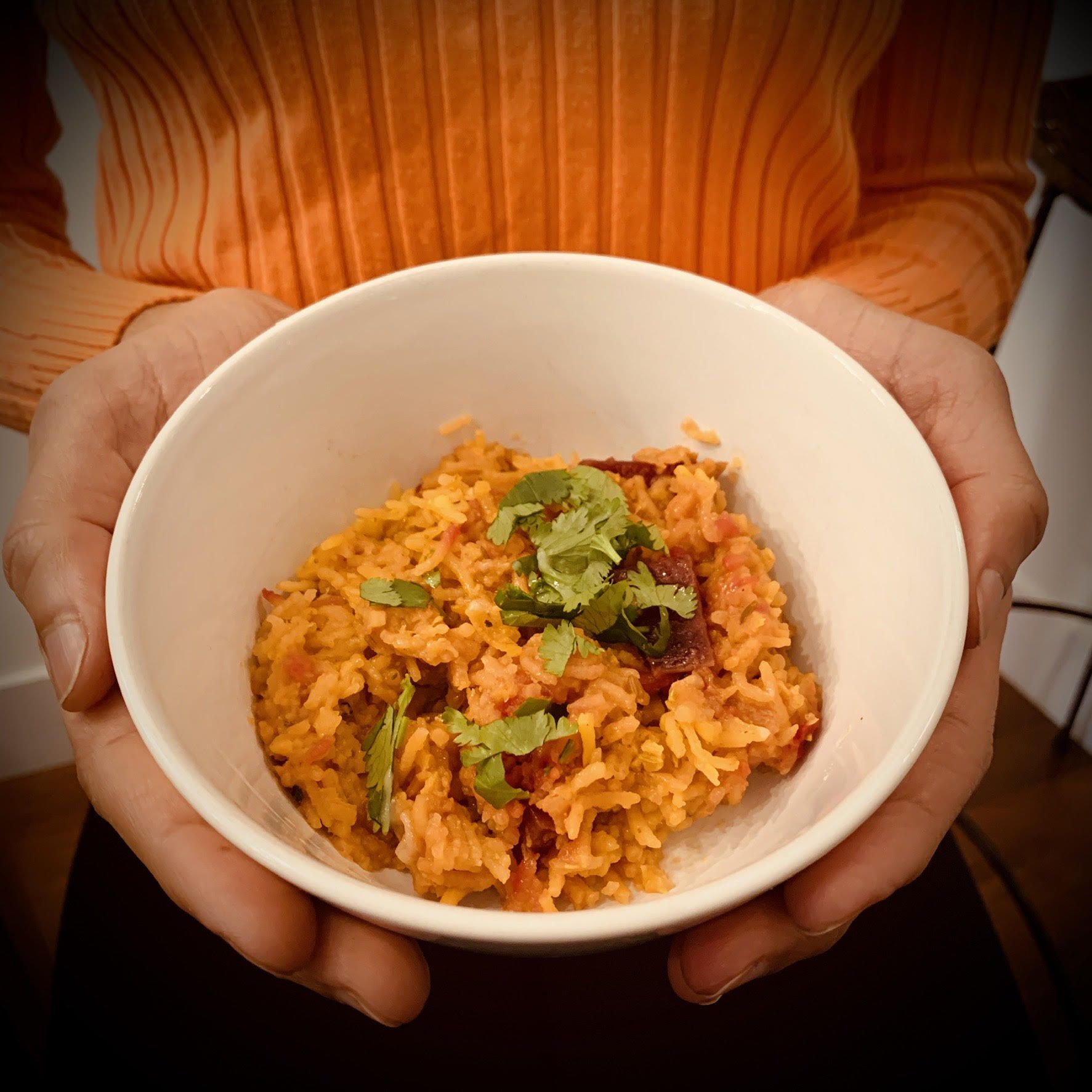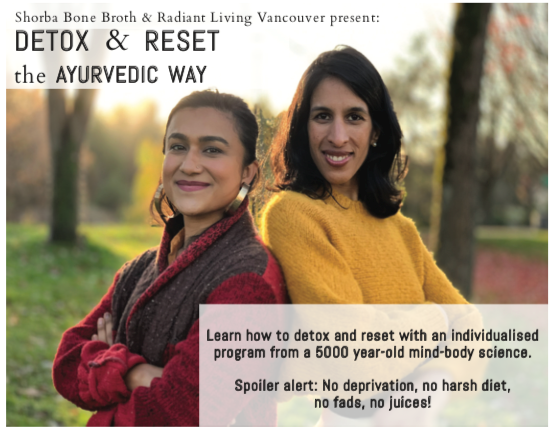Eating for Energy and Longevity
Tips for getting back to basics amid fad diet over-hype
It's that time of year... we're a month into the New Year, and as we flip the calendar, we may also be reflecting on how those New Year goals or resolutions are going... or not going.
In my own practice, although they came from myrid backgrounds, nearly every Holistic Nutrition client who I worked with had the same main complaint: " I want more energy!"
We know that diet can largely affect our energy levels and we are awash with health and diet advice and 'motivation'. However there is something for sale at the end of every fad diet article, so in all this, it is most helpful to come back to basics, and check those habits that we have most often. It is not whether you were 100% successful with your healthy eating goal in January that will determine your health, it is what you do most of the time, so making your goal a sliding scale that tips towards these eating guidelines is better than the 'all-or-nothing' model that we so often fall into.
Give yourself grace, enjoy the occasional 'treats' thoroughly instead of feeling guilty for them, and they will hold less power.
Eating for Energy and Longevity Key Guidelines:
Great news! There’s no need to count calories or avoid fat! By following the guidelines here, you’re assuring a healthy diet with the benefits of sustained energy and longevity. The caveat of course is that there is no one-size-fits-all diet. This is meant to be a place to start, so you can substitute ingredients as needed.
- Choose Homemade over Corporate-Made foods. Even the most indulgent homemade items tend to have better ingredients than most packaged or fast food.
- Healthy fats are essential for nervous and brain function, hormone balance, metabolic function and feeling satisfied after a meal so we don’t crave empty carbohydrates and over-eat less-than-ideal foods. Sources are: whole nuts and seeds as well as avocados, olives, coconut their unrefined, cold-pressed oils. Grass-fed butter and ghee and whole-fat yogurt and cheese can be incorporated as well.
- Nutrient-Density= choosing foods rich in nutrients instead of ‘empty’, refined carbohydrates. Think of vegetables as your multi-vitamin. They are rich in anti-oxidants, have anti-inflammatory properties, fiber for reducing harmful cholesterol and regulating digestive function and much more.
- Balance meals with at least 50% vegetables. The rest can be protein and (optional) whole grains or starchy vegetables.
- Fruits can be included and are also high in vitamins, minerals and fiber. They should be eaten whole (not discarding edible peels or pulp), and should not be eaten in lieu of vegetables.
- Protein: whether you’re an omnivore or a herbivore, including more plant-based proteins benefits your health, your food budget and the environment.

